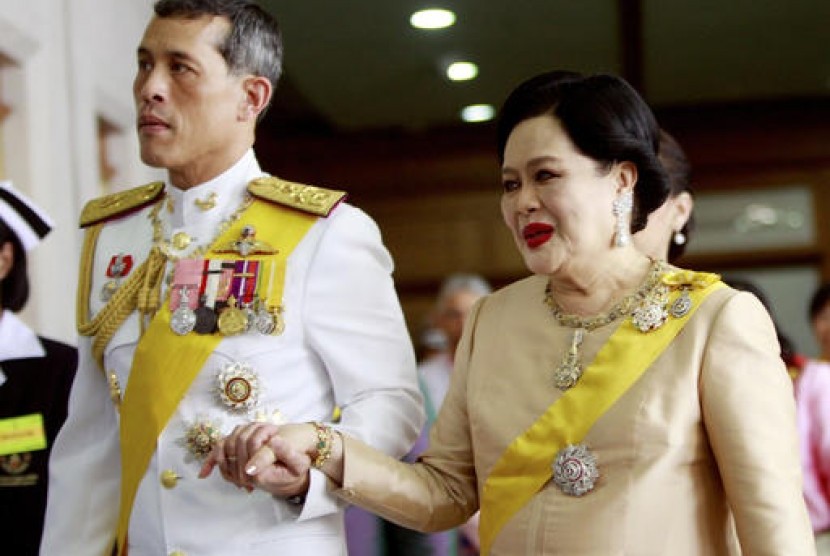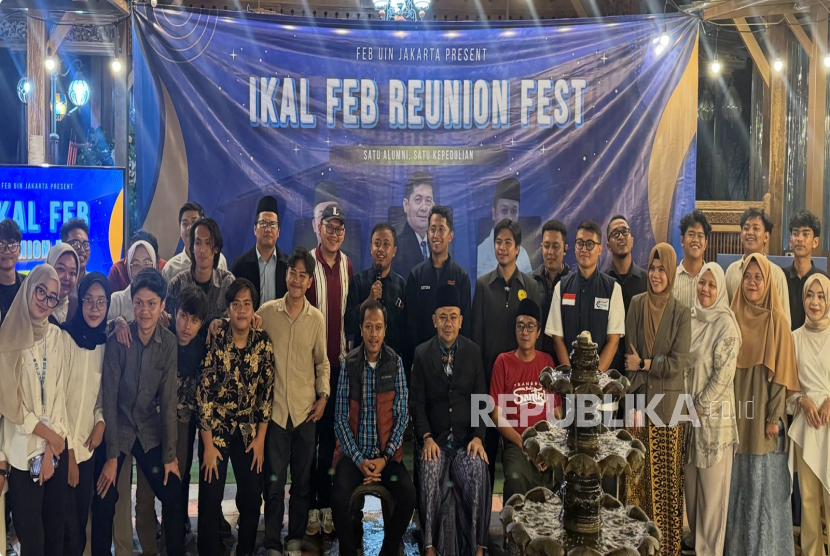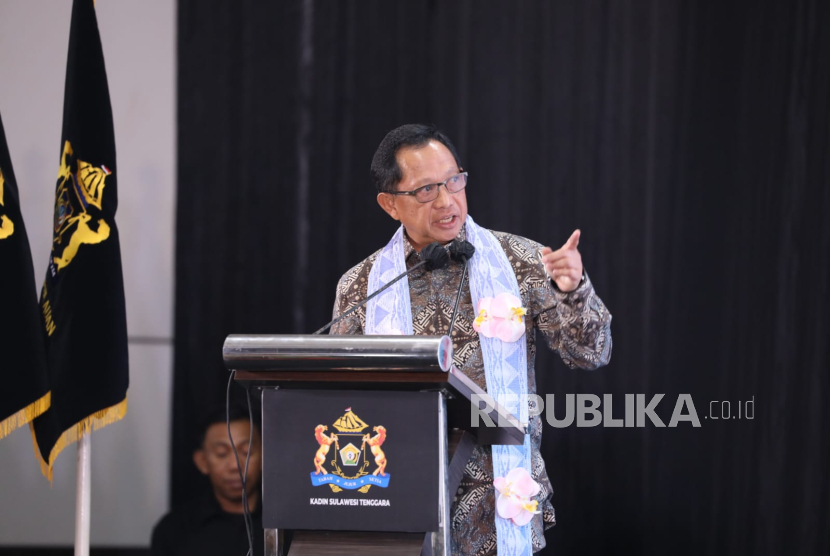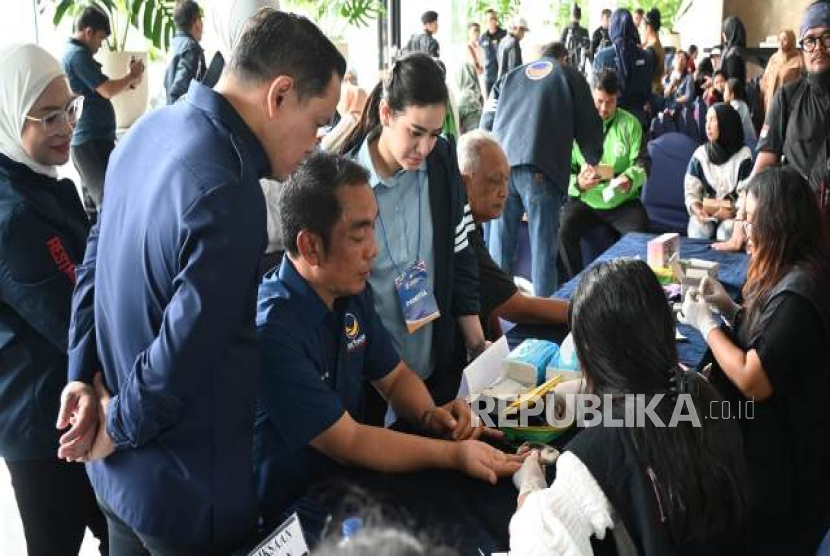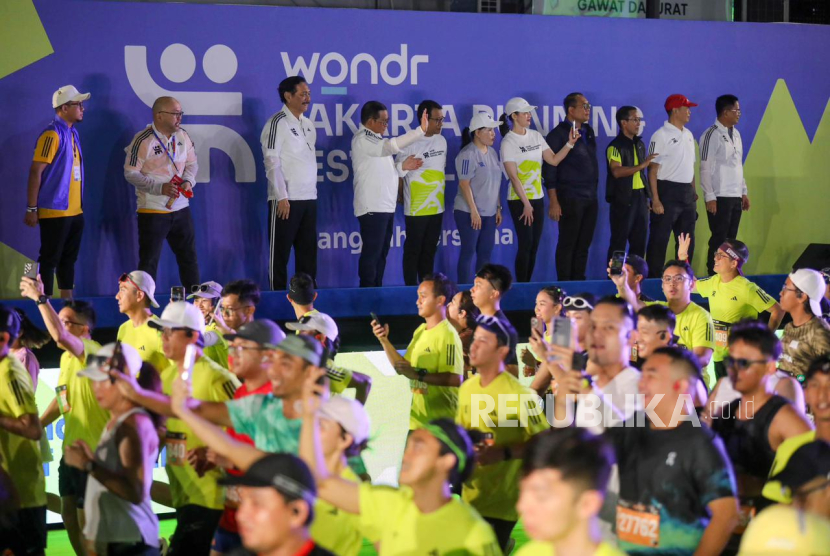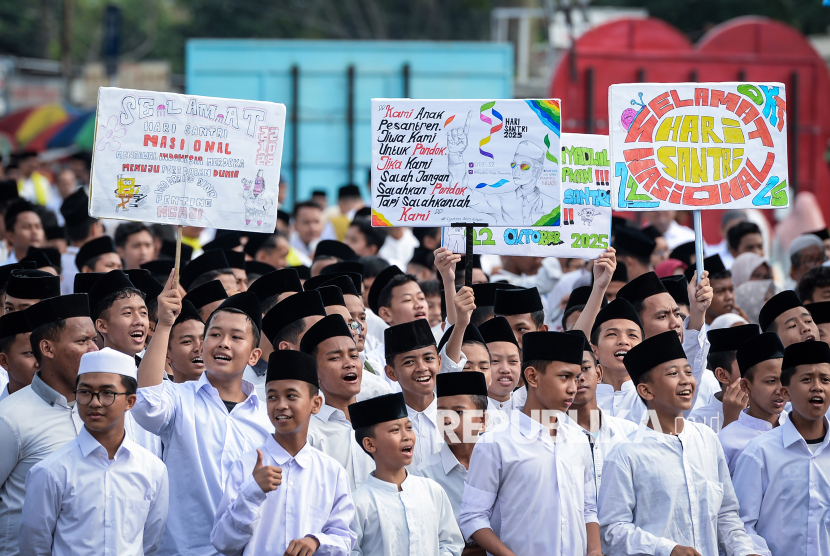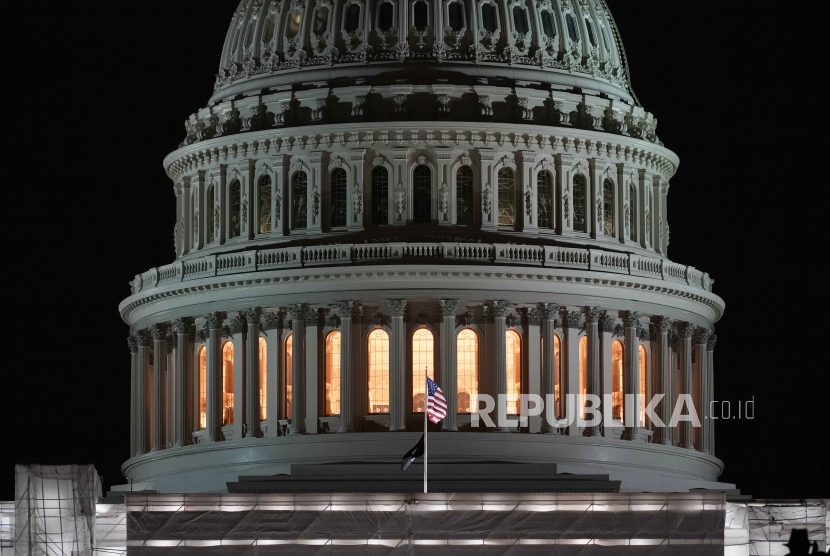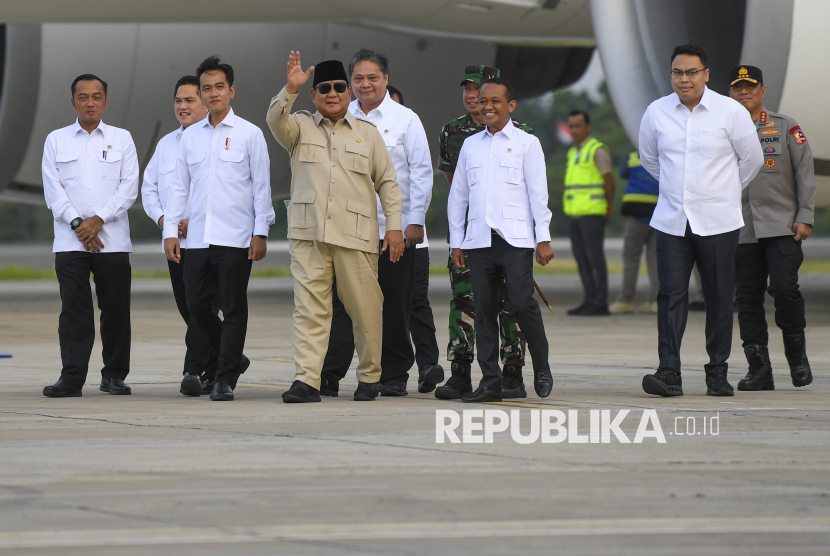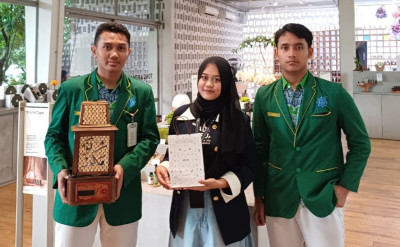REPUBLIKA.CO.ID, By: Widya Priyahita Pudjibudojo (Rector of Universitas Nahdlatul Ulama (UNU) Yogyakarta; a futurist) & M. Nabil Satria Faradis (Special Staff to the Rector of UNU Yogyakarta; doctoral researcher at the University of Cambridge)
October 22, 2025, Indonesia will once again don its white robes of reverence for National Santri Day. Across thousands of pesantren (Islamic boarding schools) the air will hum with recitation as the nation pauses to honour the spiritual and social backbone of its society. We will recount, rightly, the heroic legacy of the santri in the struggle for independence and their role as moral anchors in a rapidly changing world. But amid the rituals of remembrance lies a pressing question: how must santri evolve to grasp a future dominated by forces their forebears could never have imagined?
With nearly ten million students in over forty thousand pondok pesantren, the santri community remains an intellectual and demographic powerhouse whose trajectory will shape Indonesia’s destiny. To honour their legacy is to recognise that the nature of the struggle has changed. The battleground is no longer the streets of Surabaya but the intangible realms of code, data and genetic information. National Santri Day must become not merely a commemoration of past victory, but a reaffirmation of the enduring spirit of jihad fi sabilillah—a spirit that must now be channeled into forging a new generation of santri as fluent in the language of quantum mechanics as they are in the sacred texts of the Qur'an.
The Gravity of a Glorious Past
The historical significance of the santri is beyond dispute. The very date of National Santri Day commemorates their most decisive intervention in the nation’s history: the Jihad Resolution of October 22, 1945. Issued by KH Hasyim Asy’ari, it was not merely a call to arms but a fatwa declaring the defence of the newborn republic a religious obligation. That moral command galvanised thousands, culminating in the Battle of Surabaya and cementing the inseparable bond between Islamic faith and Indonesian nationalism.
Their service did not end with the revolution. Figures such as KH Wahid Hasyim helped shape the Pancasila and the 1945 Constitution, embedding faith and pluralism into the republic’s foundation. Later generations carried the same spirit into politics, education and community development through organisations such as NU and Muhammadiyah. For decades, the santri have been the quiet architects of Indonesia’s social conscience.
Yet herein lies the modern dilemma. The santri’s historical mission was forged in an era of political struggle and moral reconstruction. Their education produced community leaders and ethical guides—roles essential to nation-building. But the 21st-century contest is neither military nor ideological; it is technological and intellectual. In a world defined by algorithms, genetic editing and quantum computing, an educational model focused solely on classical scholarship risks producing citizens unprepared to shape or govern the very forces transforming human life. The past, if revered without renewal, becomes a comfortable prison.
From imitation to imagination
Everyone agrees that santri must adapt, yet the solutions remain generic. Calls for “STEM integration” too often mean little more than adding computer classes to pesantren curricula—producing competent users of technology, not its architects or ethical stewards. It is the difference between teaching a sailor to operate a radio and teaching them to navigate the sea. The goal should not be technological mimicry but moral imagination: equipping santri to define the purpose of technology, not merely its function.
This transformation is not a call for Westernisation but for a return to Islam’s own intellectual dynamism. Thinkers such as Nurcholish Madjid distinguished between modernisasi and westernisasi, urging a rationalisation that unites modern science and critical thought with enduring spiritual values. Abdurrahman Wahid’s pluralist theology provided the cultural confidence to engage with any civilisation without losing identity. Both men offered what Indonesia now urgently needs: a theology of relevance.
Islam and the Future
The blueprint for such a transformation already glimmers in places like UNU Yogyakarta, where initiatives and its “Islam and the Future” program weave faith, innovation and social responsibility into a single educational fabric. There, students discuss artificial intelligence and biotechnology in the same breath as classical jurisprudence. It is a quiet experiment in what might be called technological religiosism—a worldview in which ijtihad (critical reasoning) and nafs control (ethical restraint) guide discovery, ensuring that science serves humanity’s higher purpose.
This approach could inspire a wider movement: pesantren transformed into ethical laboratories, where Qur’anic wisdom informs design thinking, renewable energy projects, and data-governance experiments. In such spaces, the santri would not merely learn about technology; they would participate in shaping it, embedding spiritual accountability into the algorithms and policies that increasingly govern daily life.
The Techno-Theologian and the Future Ulama
What kind of leader is born from this philosophy? Not a santri who is also an engineer, but an integrated "techno-theologian" who applies multidisciplinary approaches to emerging global issues. Imagine a santri using strategic foresight to advise on ethical AI policy, or launching a sustainable tech startup rooted in Islamic economic principles (sharia). Envision a new generation of "Future Ulama" engaging in global dialogues on bioethics and quantum computing, their arguments grounded in both deep textual knowledge and advanced scientific literacy.
This is the santri who can fulfill the promise of National Santri Day. They represent the continuation of the struggle in its modern form. The original jihad was a collective response to an external threat, uniting people to defend their homeland. The new jihad is a collective endeavor to understand, shape, and provide moral leadership for the powerful new forces that are reshaping our world from within.
National Santri Day, therefore, is a powerful annual reminder. It is a day to honor the courage of 1945 by showing equal courage today. It calls us to remember that the deepest expression of faith is not to retreat from the complexities of the age, but to engage with them, armed with both unwavering values and the most advanced knowledge available. The original jihad secured a nation. This new intellectual jihad is a struggle for relevance, for moral leadership, and for the soul of the future itself. It is time for the santri to once again answer the call.

 3 hours ago
1
3 hours ago
1
